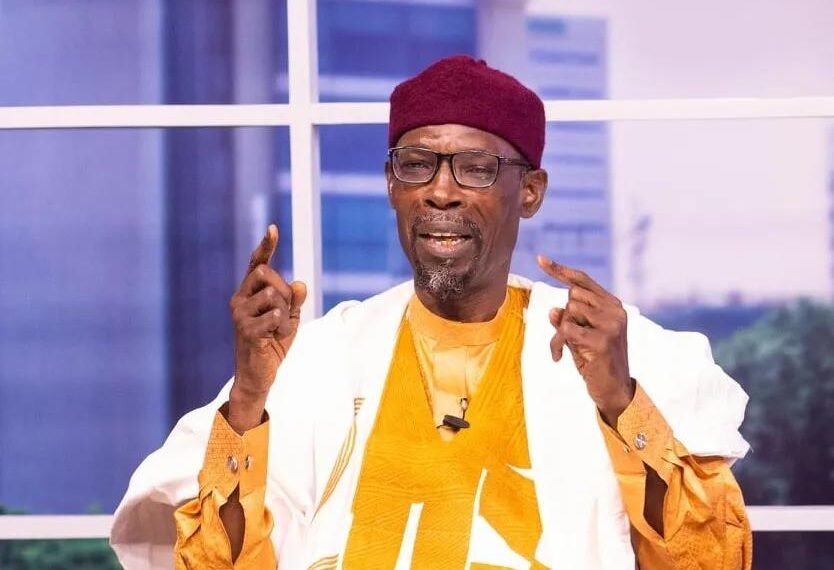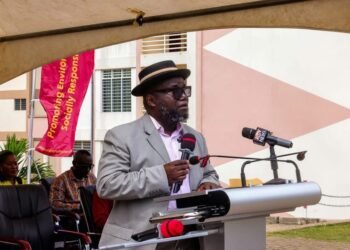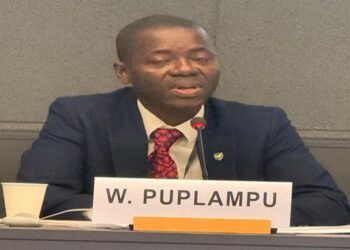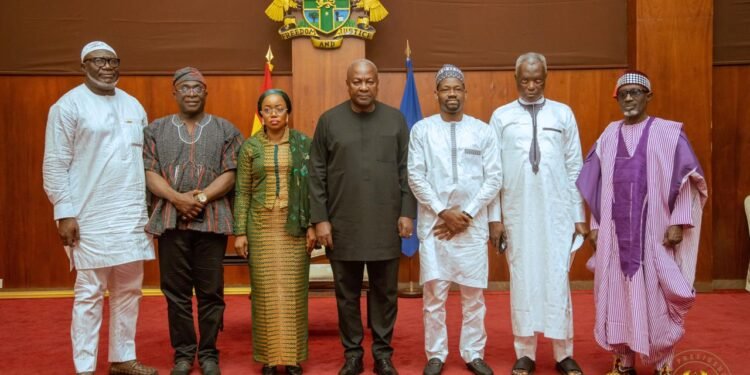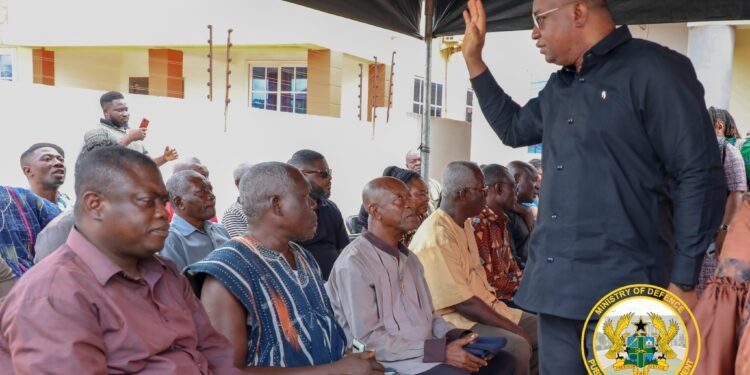Sheikh Aremeyaw Shaibu, the spokesperson for the National Chief Imam has delivered a scathing critique of Ghana’s mineral resource deals, urging a fundamental rethinking of the approach to ensure a more equitable and sustainable future for the nation and its people.
During his stirring address at the Institute of Economic Affairs (IEA), Aremeyaw minced no words in bemoaning how the country through its leadership, has woefully failed to harness its well-endowed natural resources i.e Gold, Salt, Bauxite, the recently discovered Lithium, and among others to national development.
“So, all of us here, our generation, so what kind of situation are we living for this little ones who are yet to be born? So we leave them with heavy burden of indebtedness. It’s a challenge. This place where they have something to do with eating our mineral resources and how we are extracting them.”
Sheikh Aremeyaw Shaibu
Shaibu drew powerful parallels to the historical struggles of indigenous communities, noting that “in those days in the Aboriginal society, when we were talking about leaving our land, but then some situation became an inherit.”
Since independence, Ghana continues to grapple in poverty and indebtedness despite its wealthy resources. The nation, having gained political independence in 1957 making it about 67 years old, still remains dependence in terms of its economic strength.
Many advocate like Sheikh, have questioned why the state receives very low stake in its mineral resource deals; according to Centre for Natural Resources and Environmental Management (CNREM), Ghana earns only 20.3% in its Jubilee field deal which has been leased for over decades.
This, and many other shoddy deals, have compelled advocates like Sheikh Aremeyaw to question those at the helm of affairs.
Development and Environmental Stewardship
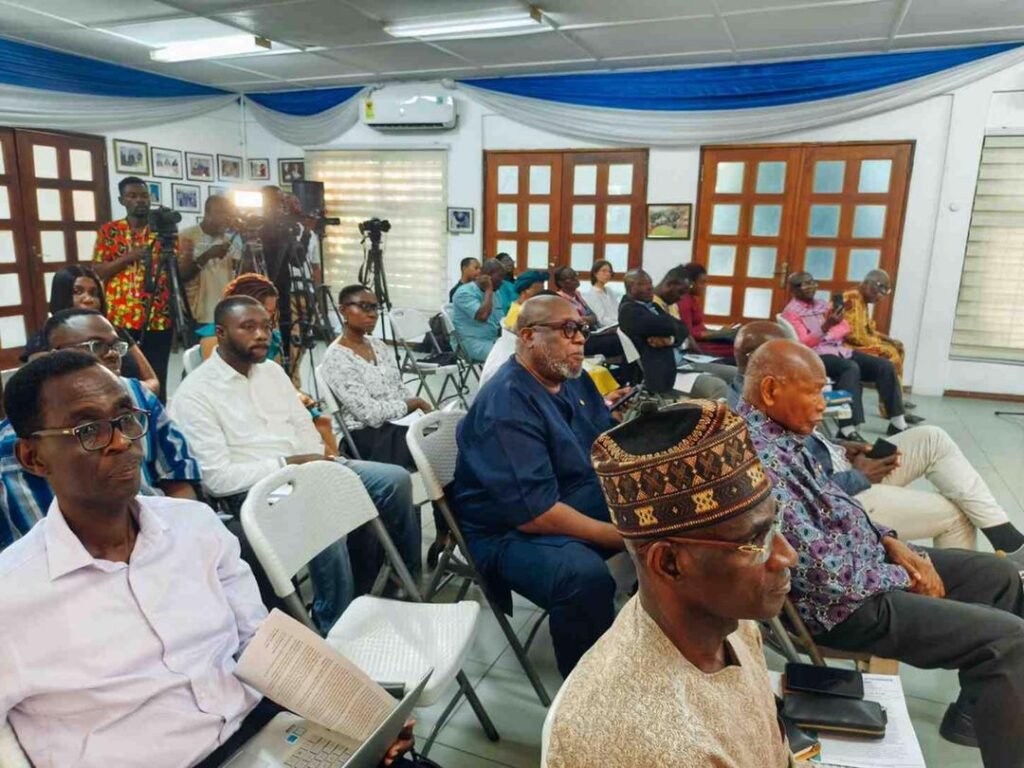
Shaibu also highlighted the inherent dilemma in Ghana’s mineral resource deals, where “their money was in abundance” but the distribution of benefits has been skewed, leaving “local communities bearing the brunt of negative social and environmental impact while recovering insufficient.” He emphasized the need to address this pervasive imbalance.
“Weak governance framework, lack of regulation gaps, forced displacement due to environmental degradation, corruption, and a weak institutional framework.”
Sheikh Aremeyaw Shaibu
Ghana’s mineral resource deals have a long and complex history, marked by unfulfilled promises and the failure to translate the country’s vast wealth into tangible development for its people.
“We put forth. And also, we also bring in white people to come and extract,” Shaibu lamented, highlighting the imbalance in the power dynamics that has often prioritized profits over the well-being of local communities.
Mineral Wealth
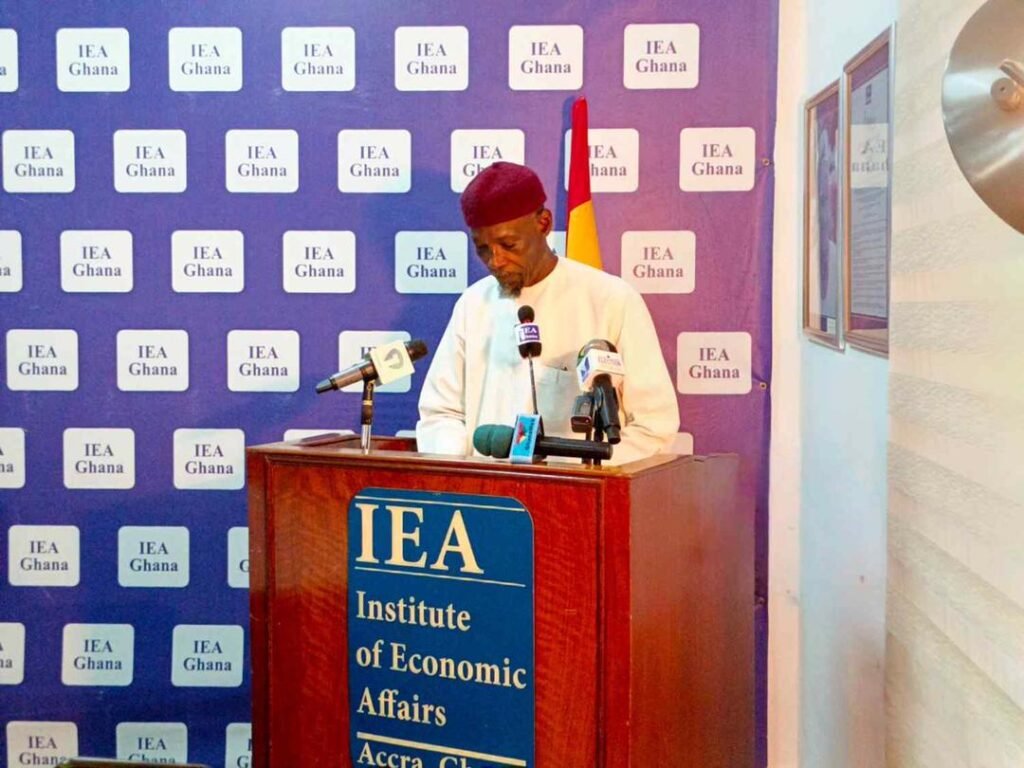
Shaibu’s proposed solutions were ambitious and far-reaching. He called for scrapping special agreements that shield companies from taxes or sub-taxes and “broad investors protection clauses that will be in the agreement.”
Additionally, he advocated for strengthening parliamentary oversight and prioritizing the town’s participation in the development of mineral-rich areas to ensure that “each of these towns, in its own right, must be developed because of the oil deposit, mineral deposit there, to match the standard.”
Shaibu eloquently emphasized that that Broad base, the issue of prior approval and ratification are crucial, as these would empower the people to have a direct say in the decisions that impact their communities.
Paradigm Shift
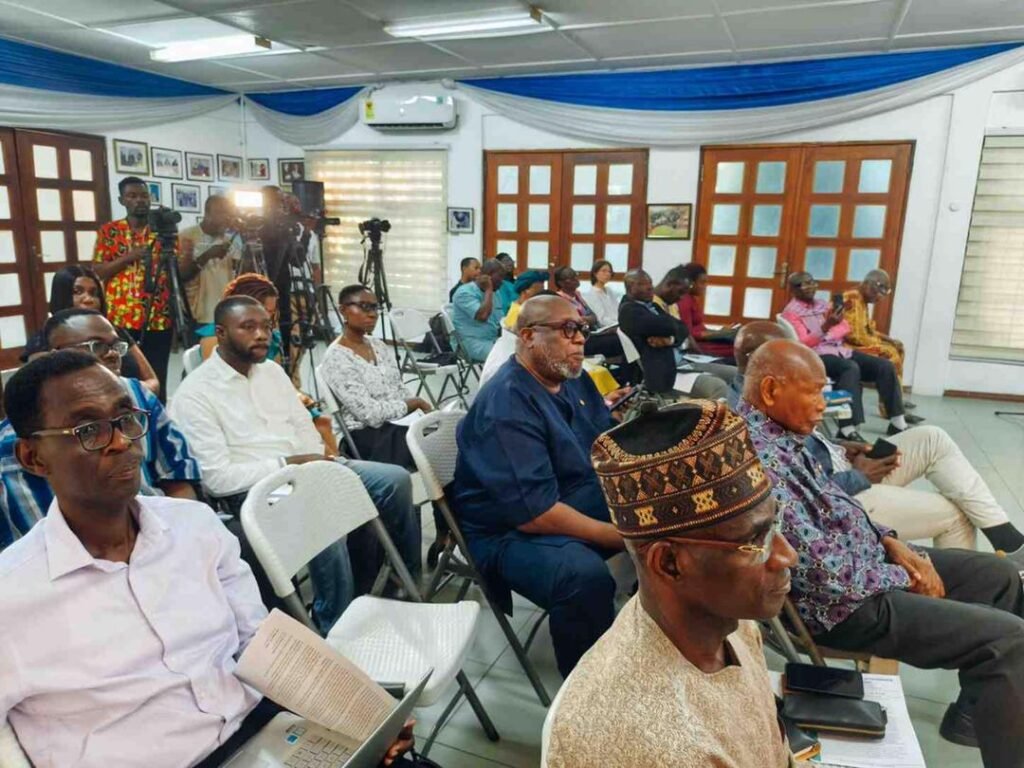
Shaibu’s call to action resonates with the broader need to reframe the narrative around Ghana’s mineral resource management.
“We have to keep this family. With the power vested in the president and the parliament to hold our land and minerals in trust.”
heik Aremeyaw Shaibu
Aremeyaw’s insistence on equal distribution of benefits and his warning against the power imbalance, where powerful state entities and elites prioritise mining profit over environmental protection underscore the pressing necessity for a fundamental shift in approach.
Shaibu’s compelling arguments challenge the status quo and demand a rethinking of Ghana’s mineral resource deals.
By prioritizing the well-being of local communities, strengthening governance and oversight, and ensuring equitable distribution of benefits, the nation can chart a course towards a more sustainable and inclusive future.
As the nation grapples with the dilemma of the 17th IMF program and the exploitation of its natural resources, Shaibu’s vision serves as a guiding light, urging policymakers and stakeholders to place the interests of the people at the forefront of decision-making.
Only then can Ghana truly unlock the transformative potential of its mineral wealth and secure a brighter tomorrow for generations to come.
READ ALSO : Africans Must Own the Future of the World – Speaker Bagbin

